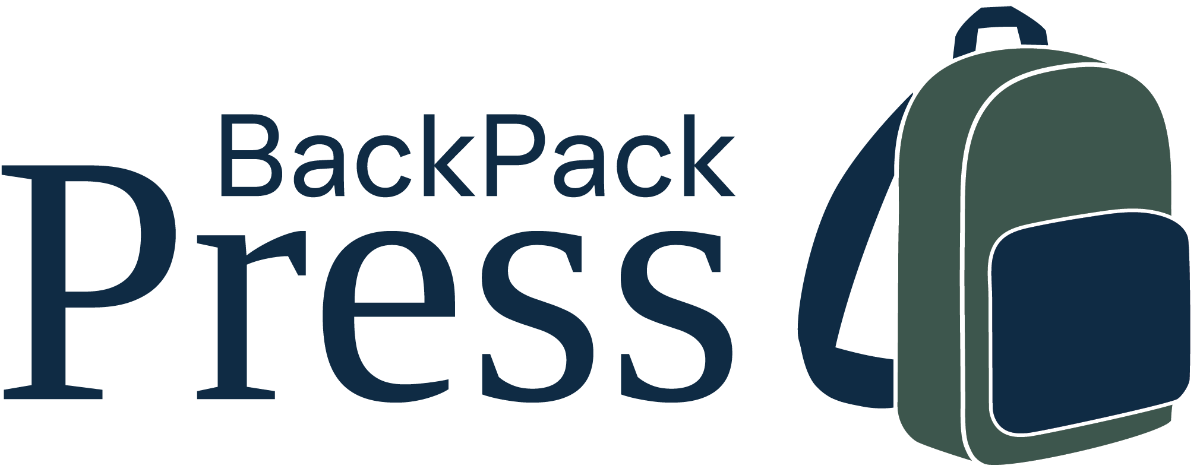When the school years end, some students still need structured support to transition into adult life. For young adults with disabilities, that next step often means learning how to live, work, and thrive independently.
In this episode, host Micki O’Neil sits down with Michael McDonald, Director of Transition Programming at Ingham Intermediate School District (ISD), to explore how programs like SAIL — Skills for Adult Independent Living — help students ages 18–26 gain the confidence and experience they need to navigate life beyond the classroom.
Dowload the full Transcript
A Continuum of Support
Ingham ISD’s transition programs serve students who have completed high school but continue receiving educational services until age 26. These programs are tailored to each student’s needs — helping them gain community experience, job training, and essential life skills at a comfortable pace.
“Some students start in transition programs at their local high school, while others come to us later,” McDonald explains. “It’s very individualized — we meet them where they are.”
Students might begin in center-based programs like Hartwood or Beekman, and later join SAIL or Project SEARCH, depending on their goals. Every path is designed to build independence and prepare young adults for long-term success.
Inside the SAIL Program
The SAIL program (Skills for Adult Independent Living) blends classroom instruction with community-based experiences. Students work toward personalized transition goals in three key areas:
Life skills — cooking, laundry, shopping, and budgeting.
Work-based learning — volunteer or training placements at local businesses.
Community access — navigating transportation, social situations, and public services.
Students might volunteer at an animal shelter, assist at local stores, or cook meals using groceries they’ve purchased themselves. “They bring groceries back, learn how to cook, clean up the kitchen afterward — and that’s real learning,” McDonald says.
With five program sites across Mason, Lansing, and Waverly High School, each SAIL location adapts to its community. Some classrooms include full kitchens and laundry facilities; others take students to laundromats and grocery stores to practice those same skills in real-world settings.
Growing Independence (and Confidence)
Beyond practical skills, SAIL builds confidence and self-advocacy. Many families are surprised to discover how capable their young adults are once given responsibility.
“One of my favorite things,” McDonald says with a laugh, “is when parents tell us, ‘They don’t know how to do dishes.’ And we say, ‘Oh, they do — they just don’t do it at home!’”
As students prove their independence, parents often begin to expect more from them at home — a shift that reinforces what they’re learning at school.
Expanding Opportunities
In just four years, Ingham ISD’s transition programs have doubled in size, serving more students than ever. McDonald credits the growth to a strong, student-first team approach.
“Our team really works like a team,” he says. “Everything we do is for the kids — or as they like to remind me, the young adults.”
Transportation is another major focus. Students practice using Dean Transportation, CATA, and SpecTran, learning how to schedule and navigate public transit systems they’ll rely on in adulthood. Once registered, SpecTran eligibility lasts for life — an invaluable resource for independent travel.
Why It Matters
For many families, transition programs like SAIL bridge the gap between high school and adult independence. They don’t just teach skills — they build a sense of purpose, belonging, and possibility.
As McDonald puts it:
“We focus on what students need to live, work, and thrive independently — and that’s something worth being proud of.”
Learn More
If you know a young adult who could benefit from SAIL or other transition supports, visit inghamisd.org to connect with the Transition Programs team and explore opportunities.
Recent Stories:

Ingham ISD’s regional approach brings together 12 local districts, community partners, and professional learning opportunities to ensure students have access to consistent support and diverse postsecondary pathways. From special education coordination across the service area to Military Professional Development for educators, collaboration remains at the center of student success.

Through a partnership with the Lansing Regional Chamber of Commerce, Ingham ISD welcomed local business leader Rocco Rucinski to Waverly High School as part of the “Principal for a Day” initiative. The experience strengthened connections between schools and the business community while highlighting opportunities for collaboration that support students and the future workforce.





